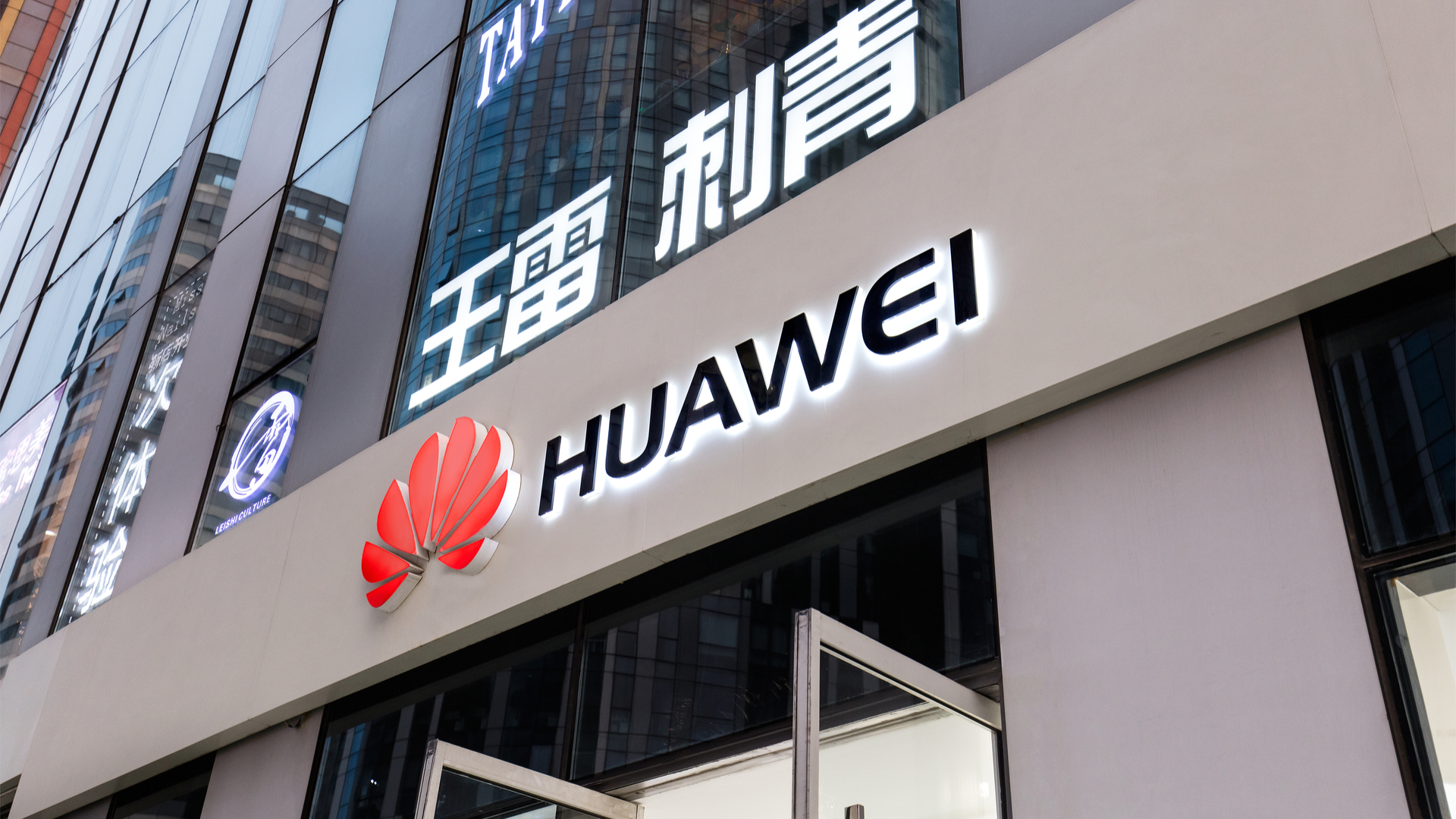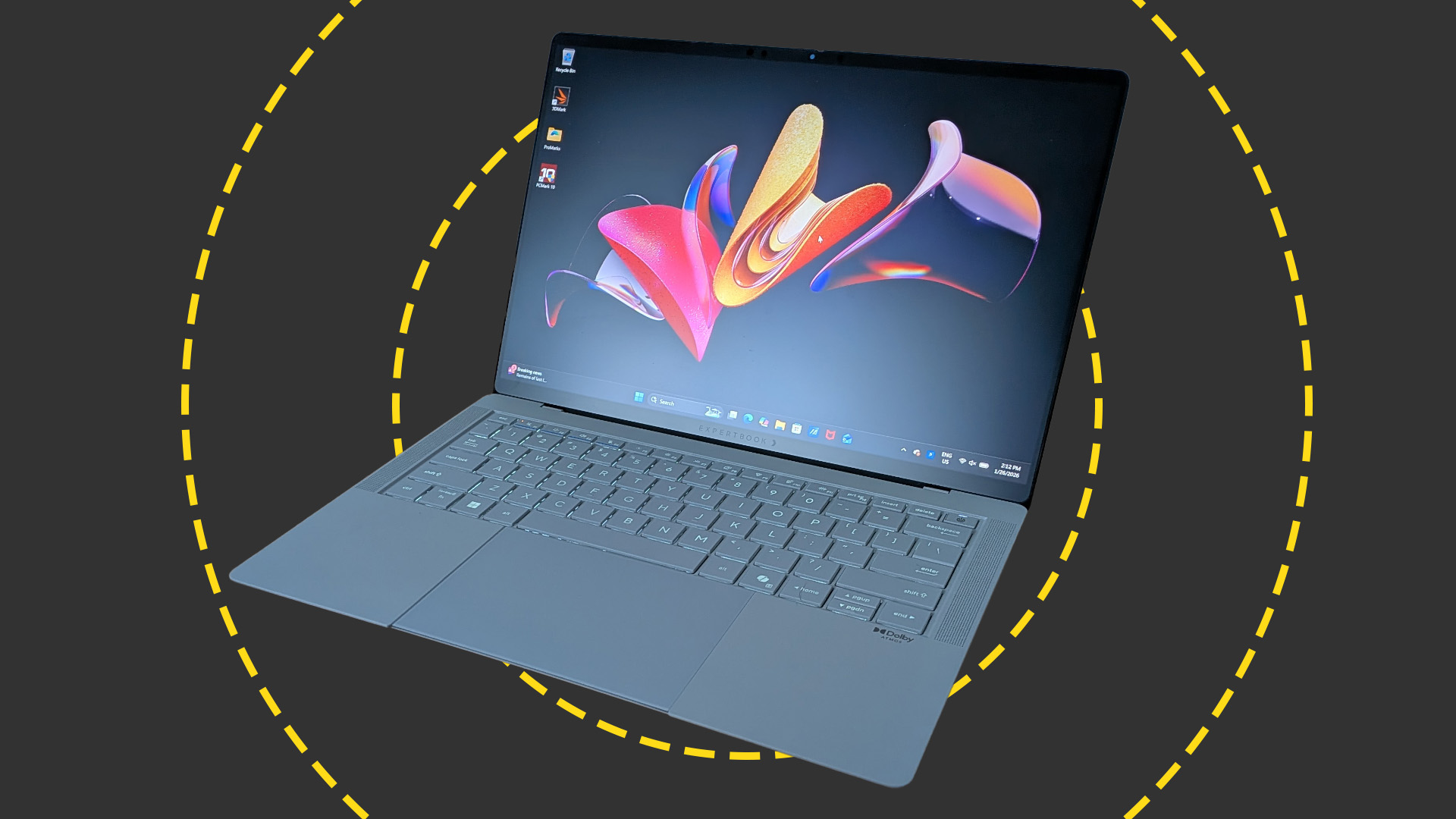Huawei thrives and dives in Trump and Thailand 5G disagreement
Thailand launches a new 5G testbed using the Chinese company's equipment, despite US advising against it


Thailand has launched a new 5G testbed using technology from the now regularly shunned Huawei, despite sustained pressure from the US to do the exact opposite.
The new testbed will be the embattled tech company's first in Southeast Asia.
It seems that criticism of the Chinese tech giant has been made by a different country almost daily, with many western countries speaking openly about their concerns regarding Huawei's alleged cyber espionage campaign, orchestrated by the Chinese government.
Thailand is the USA's oldest ally in Asia and although the country is allowing Huawei to launch infrastructure, it's not taking the allegations of the US and other major countries lightly.
"We keep a close watch on the allegations worldwide. However, this 5G testbed project is a testing period for the country," said Pichet Duronkaveroj, Thailand's minister of digital economy to Reuters at the launch. "We can make observations which will be useful to either confirm or disconfirm the allegations."
When asked if the US had made contact with Thailand regarding the barring of Huawei, Pitchet said: "I have no knowledge of that."
This testing period involves testbeds launched on the same site in Chonburi from other vendors such as Nokia and Ericsson. The testing phase forms part of the country's $45 billion economic projects, the Eastern Economic Corridor.
Sign up today and you will receive a free copy of our Future Focus 2025 report - the leading guidance on AI, cybersecurity and other IT challenges as per 700+ senior executives
Huawei receives nearly half of its revenue from outside of China and has secured over 30 contracts globally. But, with more countries barring its tech, uncertainty looms over its future in the global market, especially after it announced that it would take a mammoth investment and as many as five years to address the concerns raised by the UK.
Germany is one country that refuses to ban its tech right now, despite intense debate behind closed doors. The US, on the other hand, isn't so accommodating.
Sources close to President Trump told Politico on Thursday that ahead of MWC 2019, due to take place at the end of February, that he will allegedly be signing an executive order to ban the use of Huawei telecom equipment in the US.
The long-delayed order will formally outlaw Huawei technology from the US amid fears that the Chinese would use it to spy on the country.
The announcement could be seen as an attempt to send a message to the world that the US will be making cybersecurity a priority when dishing out contracts.
The order has been under consideration for the better part of a year, with fellow Chinese company ZTE named also as a firm that could face legislative exclusion from the States for the same national security concerns.
"Beyond security concerns, pressure is mounting on telcos to review their network partners," said telco analyst Paolo Pescatore. "Overall, it is important for telcos to take a multi-vendor approach to choosing network partners. This is consistent with the rollout of previous generations of mobile networks.
"Rivals such as Ericsson, Nokia and maybe others including Samsung stand to benefit but cannot compete directly with Huawei on price, efficiencies and execution," he added.
It's likely that a signed executive order would pour fuel over the fire that rages on between US-China relations following the trade war and the extradition of the company's CFO Meng Wanzhou.
Countries are finding it difficult to turn down Chinese firms for 5G equipment as pressure mounts from governments to establish infrastructure so they don't get left behind in the 5G race. Vendors such as Huawei and ZTE are offering market-leading equipment at a better price than almost every other vendor.

Connor Jones has been at the forefront of global cyber security news coverage for the past few years, breaking developments on major stories such as LockBit’s ransomware attack on Royal Mail International, and many others. He has also made sporadic appearances on the ITPro Podcast discussing topics from home desk setups all the way to hacking systems using prosthetic limbs. He has a master’s degree in Magazine Journalism from the University of Sheffield, and has previously written for the likes of Red Bull Esports and UNILAD tech during his career that started in 2015.

